How Jimmy Savile evaded justice for six decades
New Netflix documentary raises fresh questions about how sex offender hid in plain sight
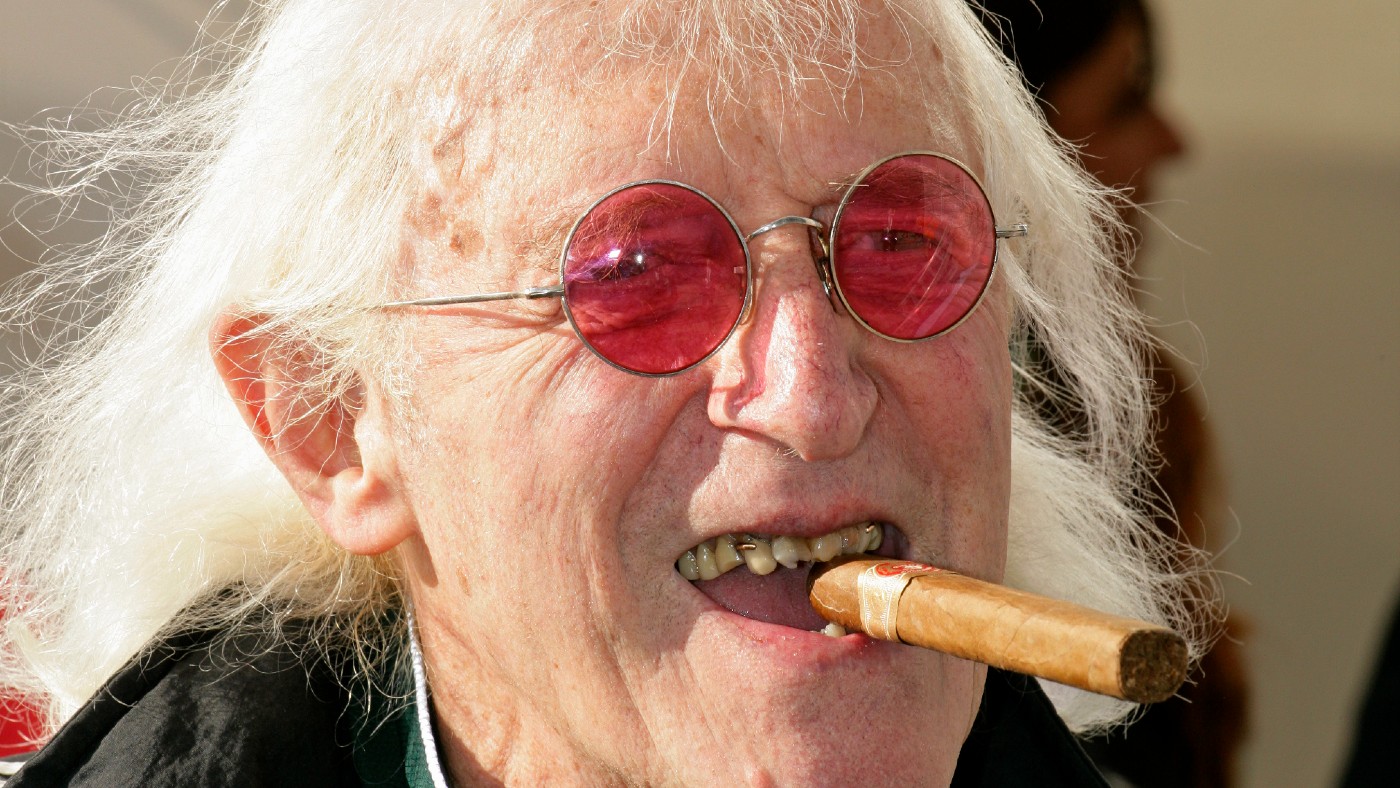
A free daily email with the biggest news stories of the day – and the best features from TheWeek.com
You are now subscribed
Your newsletter sign-up was successful
A new Netflix documentary about Jimmy Savile has revealed the extent of his abuse of young victims as critics ask how the sex offender was able to evade justice during his lifetime.
The two-part show highlights how effortlessly Savile appeared to – in the words of a police investigator – “groom the nation”, and how the DJ and TV presenter hid behind his status within the media establishment.
Although some questions were raised about his private life, and although Savile even alluded to being an abuser on multiple occasions, the Metropolitan Police investigation into the allegations, known as Operation Yewtree, was not launched until 2012, a year after his death.
The Week
Escape your echo chamber. Get the facts behind the news, plus analysis from multiple perspectives.

Sign up for The Week's Free Newsletters
From our morning news briefing to a weekly Good News Newsletter, get the best of The Week delivered directly to your inbox.
From our morning news briefing to a weekly Good News Newsletter, get the best of The Week delivered directly to your inbox.
Role of the BBC
In the years since Savile’s death, at the age of 84, the BBC has been criticised for appearing to turn a blind eye to allegations levelled at the presenter of the corporation’s big-hitting Top of the Pops and Jim’ll Fix It programmes.
In 2012, it emerged that Savile had been secretly banned from the BBC’s Children in Need appeal “because of ‘rumours’ of his interest in young girls”, reported the Daily Mail.
Roger Jones, the former chair of Children in Need, said: “We all recognised he was a creepy sort of character. We took the decision that we didn’t want him near the charity.” Savile had appeared on the programme in 1984, 1987 and 1989, before Jones became chair.
Following Savile’s death, inquiries were held into the culture at the BBC. Two “damning” reports published in February 2016 found that serious failings at the corporation had enabled Savile to sexually abuse around 100 people “without detection for decades”, reported The Guardian.
A free daily email with the biggest news stories of the day – and the best features from TheWeek.com
The reports found that BBC staff were “more worried about reputation than the safety of children” and that although the criminal behaviour was largely the fault of the perpetrator, the corporation “could have stopped it but failed to do so”.
However, the reports also said there was no evidence that the BBC as a corporate body was aware of Savile’s abuse.
Conservative Party
Blame has also been laid at the door of the Conservative Party for not only letting Savile get away with decades of abuse, but also for entrenching his status in society and making him feel increasingly untouchable.
In July 2013, the BBC reported that senior civil servants had repeatedly warned Margaret Thatcher against giving Savile a knighthood in the 1980s.
Heavily redacted documents revealed that the then prime minister had written to Robert Armstrong, the most senior civil servant in the country at the time, making the case for Savile’s knighthood in 1983. But Armstrong “vetoed the idea, saying it was too soon after ‘unfortunate revelations’ in which the entertainer had boasted to the media of having sex with women he met while running charity marathons”, reported the BBC.
Savile was ultimately knighted in 1990, weeks after Thatcher was forced to resign as PM. Documents revealed a series of communications between the two during Thatcher’s time in power: she invited him to Chequers in the 1980s and regularly attended his New Year’s Eve parties.
The police
The police have been accused of missing many opportunities to bring Savile to justice during his lifetime. As early as the 1980s, a woman “reported she’d been assaulted in Savile’s camper-van in a BBC car park”, reported Politics.co.uk in 2013.
In 2003, a victim told officers at a West London police station that she’d been “touched inappropriately” by Savile on Top of the Pops in 1973. She only wanted to proceed if other victims had come forward – but the police had lost the original report from the 1980s, so “the matter was left to rest”.
Further allegations were made between 2007 and 2009, and Savile’s name came up as part of the police’s three-year probe into abuse at the Haut de la Garenne children’s home in Jersey. Savile was investigated but never charged, as “the evidence did not seem to stack up at the time”, said The Guardian.
A report by Her Majesty’s Inspectorate of Constabulary (HMIC) in 2013 found that “numerous police failings” left Savile free to sexually abuse “hundreds of young people over five decades”. The disgraced presenter “could have been stopped as early as 1964 but police mishandled evidence and dismissed victims”, the same paper reported.
Police failings were compounded by the fact that Savile’s victims felt unable to come forward and report the abuse, a major contributing factor to this being his celebrity status.
It took “a pervert as monstrous as Jimmy Savile to change British cultural attitudes to child and sexual abuse”, said Politics.co.uk. “Now, at least, the chances are public horror about his activities will make it harder for future paedophiles to achieve what Savile should never have done: get away with it.”
Kate Samuelson is The Week's former newsletter editor. She was also a regular guest on award-winning podcast The Week Unwrapped. Kate's career as a journalist began on the MailOnline graduate training scheme, which involved stints as a reporter at the South West News Service's office in Cambridge and the Liverpool Echo. She moved from MailOnline to Time magazine's satellite office in London, where she covered current affairs and culture for both the print mag and website. Before joining The Week, Kate worked at ActionAid UK, where she led the planning and delivery of all content gathering trips, from Bangladesh to Brazil. She is passionate about women's rights and using her skills as a journalist to highlight underrepresented communities. Alongside her staff roles, Kate has written for various magazines and newspapers including Stylist, Metro.co.uk, The Guardian and the i news site. She is also the founder and editor of Cheapskate London, an award-winning weekly newsletter that curates the best free events with the aim of making the capital more accessible.
-
 How the FCC’s ‘equal time’ rule works
How the FCC’s ‘equal time’ rule worksIn the Spotlight The law is at the heart of the Colbert-CBS conflict
-
 What is the endgame in the DHS shutdown?
What is the endgame in the DHS shutdown?Today’s Big Question Democrats want to rein in ICE’s immigration crackdown
-
 ‘Poor time management isn’t just an inconvenience’
‘Poor time management isn’t just an inconvenience’Instant Opinion Opinion, comment and editorials of the day
-
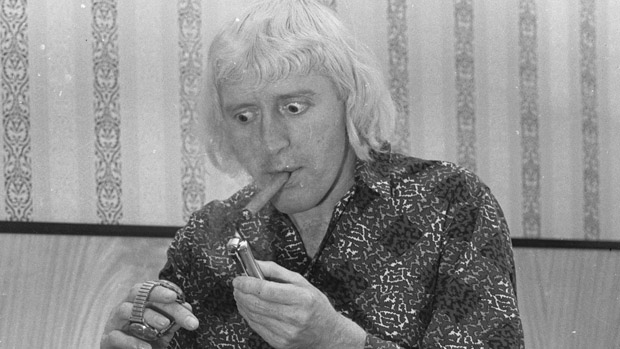 Jimmy Savile: Stoke Mandeville staff were 'told of sex abuse'
Jimmy Savile: Stoke Mandeville staff were 'told of sex abuse'Speed Read 'It was absolutely disgusting,' recalls one of Savile's victims, who was told by staff to just 'ignore him'
-
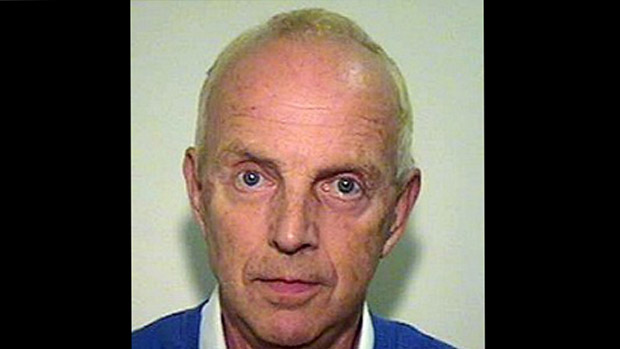 Former DJ Ray Teret gets 25 years for string of sex attacks
Former DJ Ray Teret gets 25 years for string of sex attacksSpeed Read Girls as young as 12 were raped or indecently assaulted by presenter dubbed 'Jimmy Savile's shadow'
-
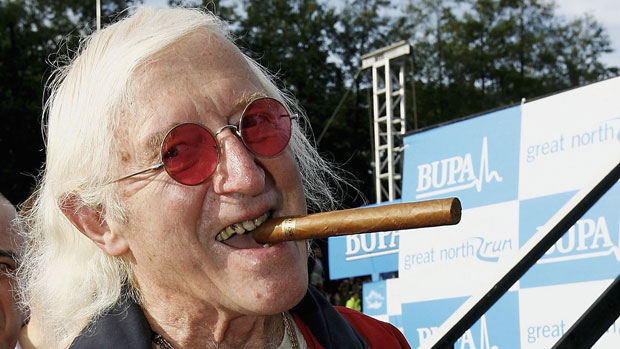 Jimmy Savile 'interfered' with bodies of the dead
Jimmy Savile 'interfered' with bodies of the deadIn Depth Disgraced DJ suspected of 'sexually interfering' with dead bodies at Leeds General Infirmary
-
 Jimmy Savile abuse claims reach 500, including child aged two
Jimmy Savile abuse claims reach 500, including child aged twoSpeed Read Children's charity NSPCC says Jimmy Savile may be the 'most prolific sex offender' it has ever encountered
-
 Rolf Harris: victims hit back over 'slimy woodworm' lyrics
Rolf Harris: victims hit back over 'slimy woodworm' lyricsIn Depth Convicted paedophile Rolf Harris penned a song from his prison cell about the 'injustice of it all'
-
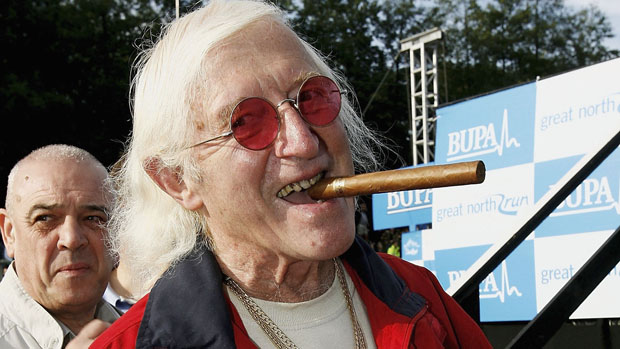 Jimmy Savile: victims were laughed at and ignored
Jimmy Savile: victims were laughed at and ignoredSpeed Read Her Majesty's Inspector says police attitudes must change in wake of Jimmy Savile scandal